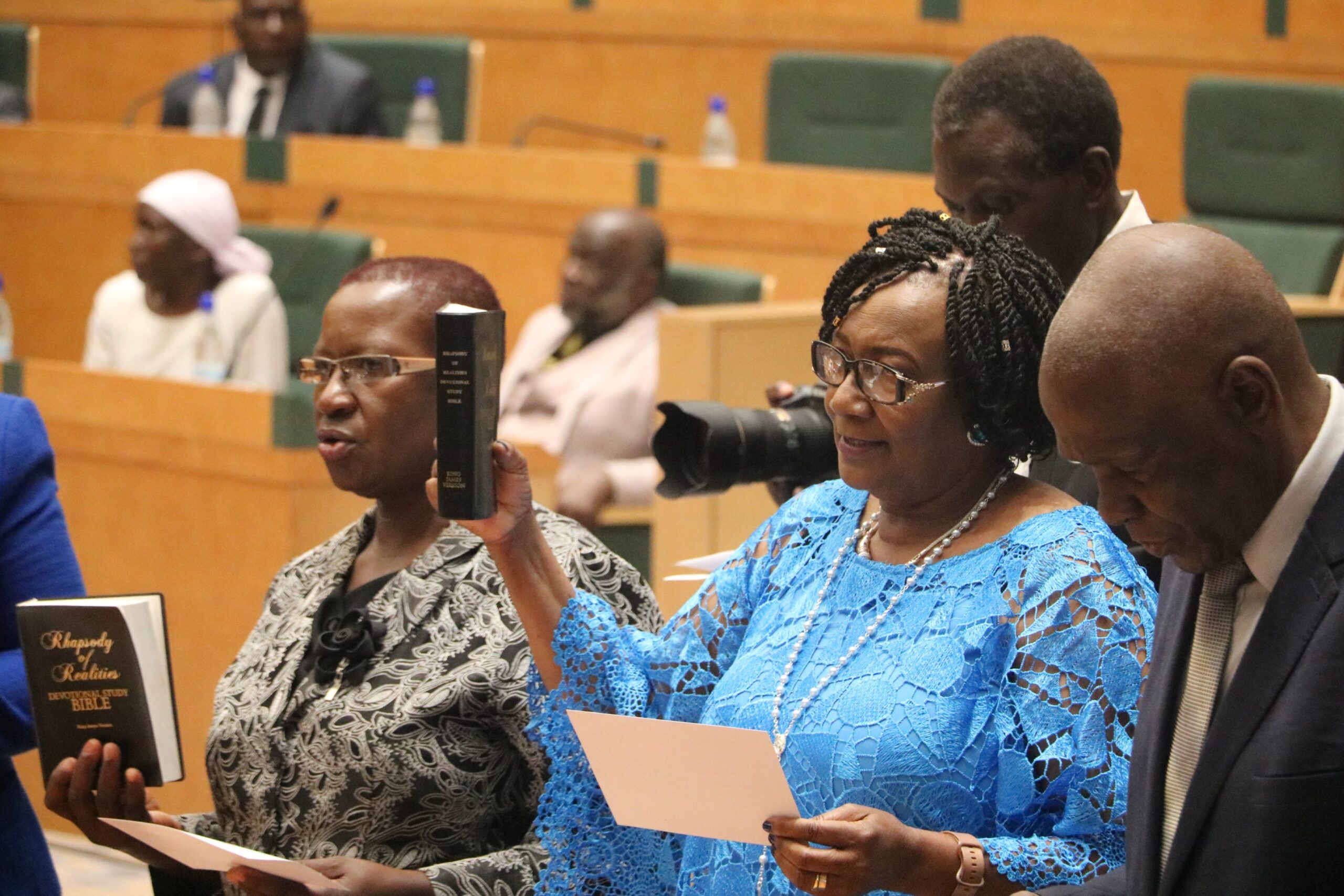President Emmerson Mnangagwa has appointed a Cabinet that is being dominated by males, when Section 17 of the Constitution calls for gender balance.
This is not the first time, that Mnangagwa who has just started his second term of office has overlooked women, by ensuring that males continue to dominate appointments.
Recently, he appointed only-males to be his Vice Presidents, at a time when the women’s movement was calling for a female in the presidium.
Males have general dominated places of authority in Zimbabwe especially in such critical institutions as Parliament, Cabinet and local authority.
Zimbabwe has never had a female Speaker of the National Assembly, since 1980, and the ruling party has not elected females as Mayors in the various towns in the country. Only the opposition has done so in Kwekwe and now Mutare.
Speaking on the composition of the new Cabinet, outspoken politician and leader of the Labour Economists and African Democrats (LEAD), Linda Masarira said Mnangagwa is employing selective application of the law.
Masarira, added that the Constitution of Zimbabwe is supreme and should be adhered to, as women are not children of a lesser god.
‘’23 Cabinet ministers for a small teapot shaped country is just too much. Only 6 out of the 23 cabinet ministers are women Section 104 (4) states, “In appointing Ministers and Deputy Ministers, the President must be guided by considerations of regional and gender balance”. The appointment of cabinet ministers is not gender balanced.
‘’Section 17 of the constitution of Zimbabwe has been violated yet again as the women appointed only constitute 26% of the cabinet ministers. Gender balance is only being considered for appointment of provincial ministers which is a clear indication of selective application of the law.
‘’Women are not children of a lesser God. The constitution of Zimbabwe is supreme law of this land which should be adhered to its totality. As a Pan Afrikan feminist transformation leader, I demand 50/50 in all organs of the state as enshrined in the constitution of Zimbabwe,’’ she said.
Speaking to the media at his press conference, recently, Mnangagwa indicated that he was not under pressure from women, and that no one can pressure him.
The number of women in Parliament has been on a downward trend in the past decade with only 70 women contesting in the 2023 general elections, where only 21 of them emerged victorious.
Women in Zimbabwe constitute the majority in terms of census and also registered voters.
Besides the provincial ministers, out of the 23 ministers, Mnangagwa appointed Oppah Muchinguri Kashiri, Kirsty Coventry, Sithembiso Nyoni, Tatenda Mavetera, Barbara Rwodzi, and Monica Mutsvangwa as Cabinet Ministers.



